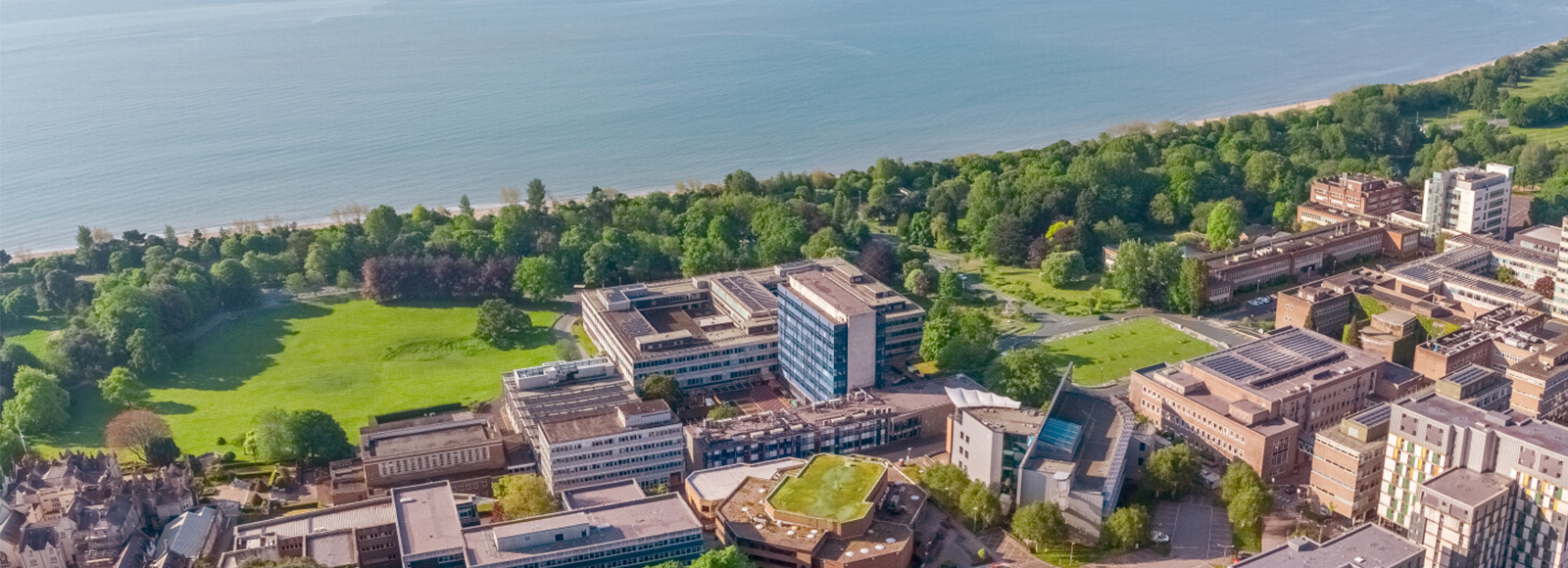- ...
Postgraduate Studentships - Search for funding opportunities.
Postgraduate Studentships - Search for funding opportunities.
Start dates: 1st October, 1st January, 1st April & 1st July.
An MA by Research in Welsh enables you to undertake a substantial project rooted in your own Welsh passions and interests.
It offers you a respected MA qualification in specialist areas where taught programmes are not offered, and gives the experience of a substantial research degree, without committing to a PhD.
Your project will take one year full-time or two years part-time.
You will submit a thesis of up to 40,000 words, demonstrating original research with a significant contribution to the subject. This is followed by an oral examination of the thesis (a viva voce examination, or viva).
Completing the programme can present a pathway to a career in academia, or widen your scope for employment in fields such as education, government bodies or the private sector.
Welsh research specialities at Swansea include:
Most projects gradually evolve over the course of reading, research and supervision.
You will be closely supervised by two experienced academics with relevant expertise throughout the course of the project. This involves fortnightly meetings in your first term and meetings at regular agreed intervals thereafter.
As a research student, you are required to attend skills and training courses. You deliver presentations to research students and staff at departmental seminars, at the annual departmental postgraduate symposium in June, and at the Postgraduate Conference.
MA by Research – You should hold or expect to achieve a minimum of an upper second class honours degree (2:1) in Welsh or a related subject or hold relevant work experience.
For fees and funding options, please visit website to find out more.
We offer a wide range of scholarships and bursaries for both taught and research courses to help you fund your study.

Boost your career prospects by studying a master’s degree at Swansea University Do you want to become part of our vibrant postgraduate community, whi...
Sign up to Postgraduate Studentships
Sign up to compare masters
Thanks for making your selection. Click below to view your comparisons.